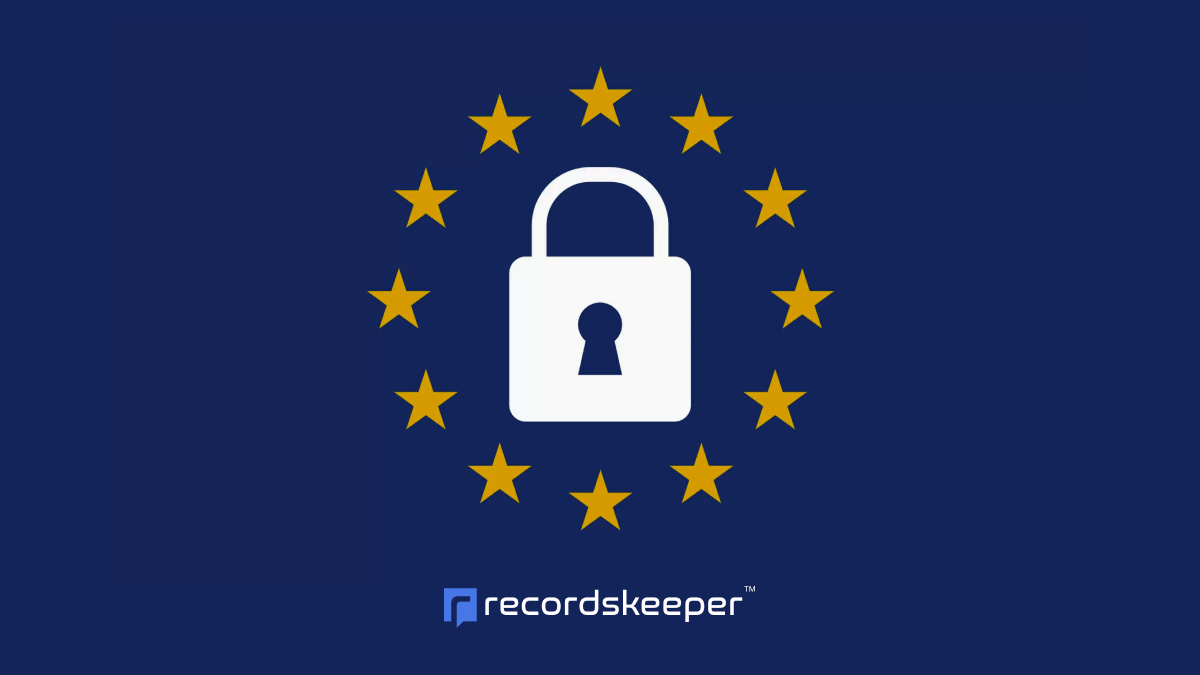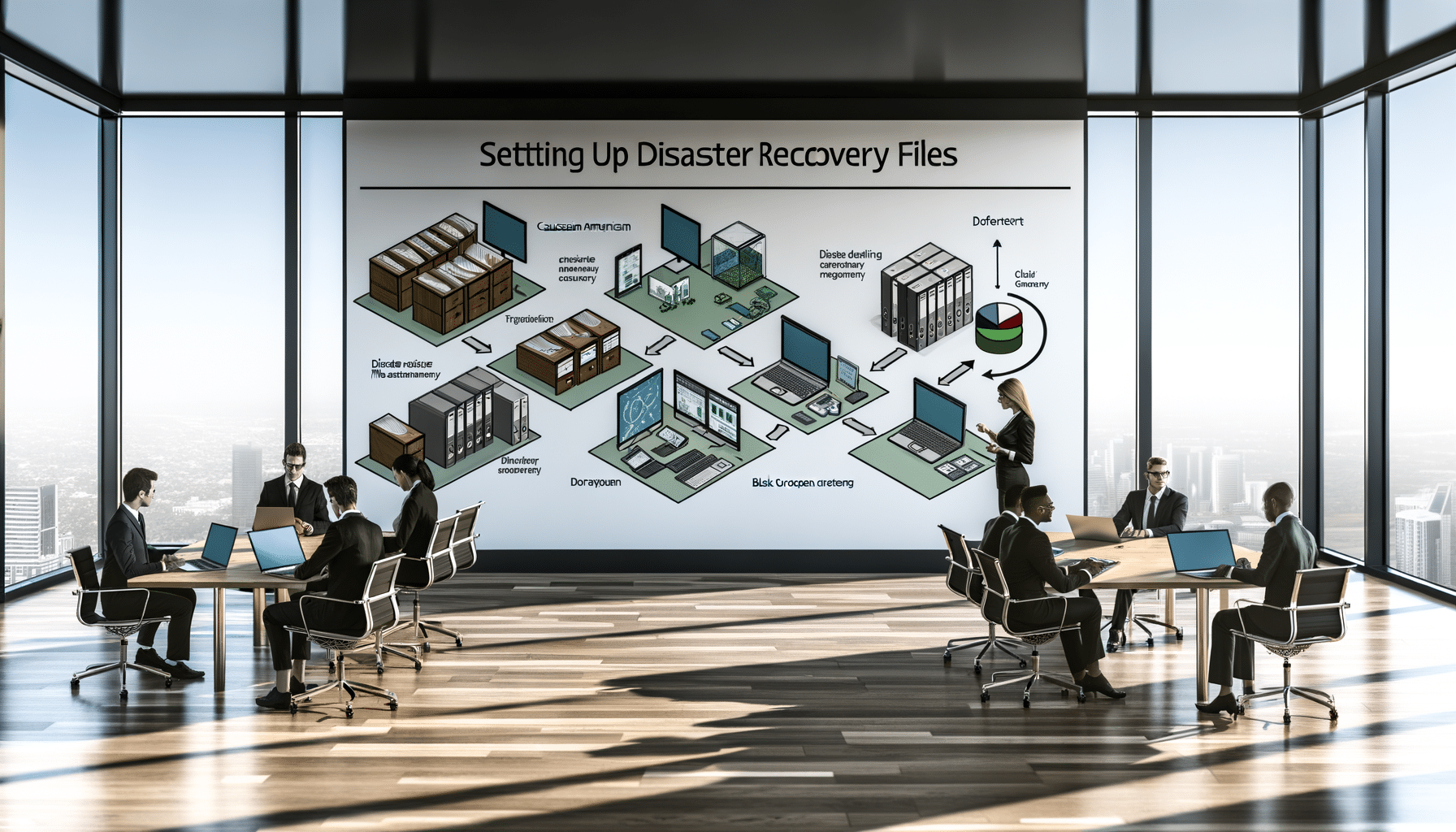- Risk Management
- November 17, 2024
Quick Tips for Records Emergency Recovery

Preparing for the Unforeseen: Records Emergency Recovery
Navigating the instability that accompanies an emergency can be daunting. As someone who has spent years fostering innovation through RecordsKeeper.AI, I understand the critical importance of maintaining access to essential information, even under the most unpredictable circumstances. Whether it’s a natural disaster, system failure, or cyberattack, your ability to recover records efficiently can have lasting implications.
Understanding the Significance of Proactive Planning
From government bodies to private enterprises, today’s digital world demands stringent risk management protocols. While many may overlook the necessity of a robust **records emergency recovery** plan, the absence of one can pose significant financial and operational risks. It’s not about the inevitability of facing an emergency—it’s about ensuring that when it does happen, your organisation is ready to respond effectively.
Conducting a Comprehensive Risk Assessment
To develop a solid recovery strategy, the first step is to perform a comprehensive risk assessment. Gauge potential vulnerabilities and consider scenarios that could threaten your data integrity and accessibility:
With these insights, you can better understand where to focus attention and resources.
Creating a Tactical Emergency Recovery Plan
Once risks have been assessed, it’s time to craft a recovery plan. This effort should not solely rely on IT departments; it requires collective input across all stakeholders. Embrace team exercises and real-time mock drills that challenge your strategy in simulated conditions. In addition, a comprehensive plan should incorporate the following components:
Utilizing Technology for Enhanced Recovery
Technology’s role in **records emergency recovery** cannot be overstated. Integrations with AI and Blockchain have redefined the landscape by providing solutions that proactively mitigate risks and improve recovery efficiency:
Combining these advancements with traditional recovery techniques creates a formidable defence against record loss.
Routine Testing and Review
A plan without regular testing is merely theory. Schedule periodic reviews and tests of your emergency recovery strategy to identify improvements and ensure currency with technological advancements and regulatory updates. Collaborate with your IT team to explore hypotheses in a controlled environment, validating that your plan can stand up to challenges before they become real.
Final Thoughts
Navigating record emergencies is not a matter of chance but strategy. After years dedicated to simplifying record management with RecordsKeeper.AI, I can assert that a proactive approach to **emergency recovery** is invaluable. Let’s transform our records management practice—from simply “file management” into an engine of resilience and readiness.
For more insights and practical strategies on managing emergencies and leveraging technology in record-keeping, follow my journey with RecordsKeeper.AI. Together, we’ll ensure that your organisation not only survives disruptive events but emerges more robust and prepared. It’s time to take charge and ensure your records management is a cornerstone of your comprehensive risk management strategy.
Toshendra Sharma is the visionary founder and CEO of RecordsKeeper.AI, spearheading the fusion of AI and blockchain to redefine enterprise record management. With a groundbreaking approach to solving complex business challenges, Toshendra combines deep expertise in blockchain and artificial intelligence with an acute understanding of enterprise compliance and security needs.
Related Posts

Achieving Perfect GDPR Compliance: A Financial Services Success Story
European Financial Trust (EFT), a global financial services company managing over $50 billion in assets, faced mounting pressure to ensure GDPR compliance across its vast network of client data and transactions. With operations in 15…
- January 15, 2025

Setting Up Disaster Recovery Files
Organizing critical records for emergency access.
- January 12, 2025
Archives
- January 2025
- December 2024
- November 2024
- October 2024
- September 2024
- August 2024
- July 2024
- June 2024
- May 2024
- April 2024
- March 2024
- February 2024
- January 2024
- December 2023
- November 2023
- October 2023
- September 2023
- August 2023
- July 2023
- June 2023
- May 2023
- April 2023
- March 2023
- February 2023
- January 2023
- December 2022
- November 2022
- October 2022
- September 2022
Want to get more content like this?
Signup to directly get this type of content to your inbox!!
Latest Post
Document Control for Equipment Maintenance
- January 20, 2025
Managing Records for Multiple Clients
- January 19, 2025
Handling Conference Documentation
- January 18, 2025
Setting Up Department Record Reviews
- January 17, 2025





